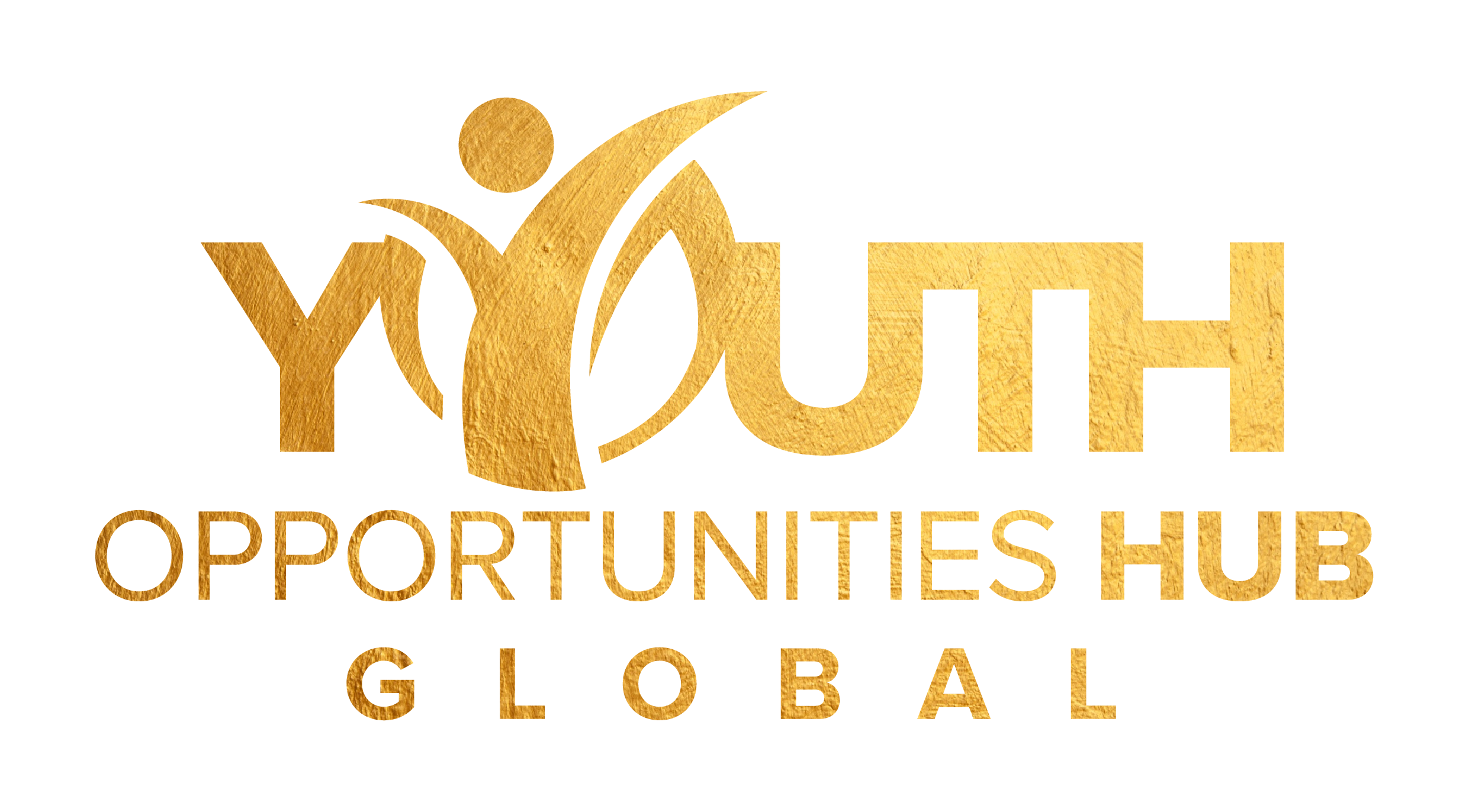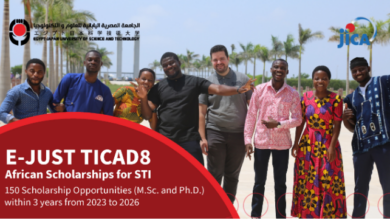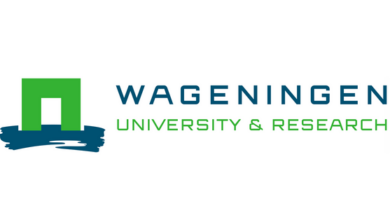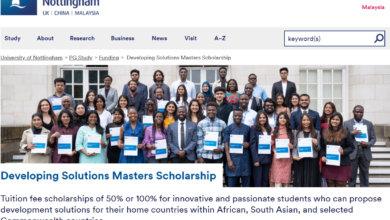International Joint MSc Programme: Geography of Environmental Risks and Human Security ( University of Bonn and the United Nations University)
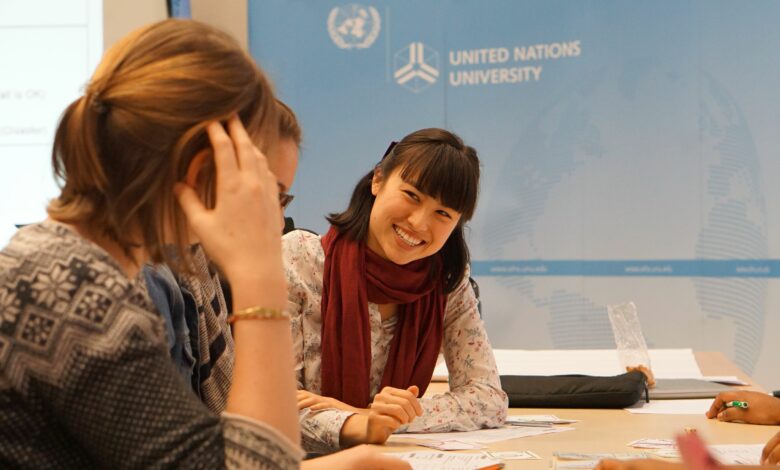
International Joint MSc Programme: Geography of Environmental Risks and Human Security ( University of Bonn and the United Nations University)
The Master’s programme offers great visibility and exposure to international organizations, federal agencies, academic and non-academic research organizations, as well as private companies and corporations involved in disaster risk reduction and preparedness, humanitarian aid, international relations, research on climate change, food security, spatial planning, and policy.
International Joint MSc Programme: Geography of Environmental Risks and Human Security ( University of Bonn and the United Nations University)
The main purpose of the two-year Master of Science programme is to provide postgraduate students with detailed knowledge, critical understanding, strategies and the tools required to take an interdisciplinary approach towards environmental risks and human security. The Master’s programme addresses theoretical and methodological debates in geography to better understand the complex emergence of environmental risks and natural hazards, their implications for human-nature relations (vulnerability, resilience, adaptation) and how to deal with them in practice.
As a joint programme offered by the Department of Geography at the University of Bonn and the United Nations University in Bonn, the course provides a unique combination of advanced conceptual and applied engagements within the field of environmental risks and human security in an international context.
Fields of expertise include Vulnerability Assessment, Ecosystem Services, Sustainable Development, Disaster Management, Climate Change Adaptation, Human-Nature Relationships, Science & Technology Studies, Development Geography, Geomorphology, Socio-Hydrology, Future Studies, GIS and Remote Sensing.
The Programme consists of 12 modules, of which ten are taught in the first three semesters followed by a compulsory internship and the independent work on the Master’s thesis. An internship of at least eight weeks is a compulsory part of the programme.
Since its launch in October 2013, a total of 256 students from 46 different countries have been studying within the programme.
The programme’s primary goals are:
- Theoretical and methodological expertise in the field of environmental risks and human security combined with practical experiences
- Strong focus on developing countries/ the “Global South”
- Intercultural and interdisciplinary learning environment
- Possibility to engage in ongoing research projects at both institutions
- Close cooperation with the UN system & international organizations
The Master’s programme offers great visibility and exposure to international organizations, federal agencies, academic and non-academic research organizations, as well as private companies and corporations involved in disaster risk reduction and preparedness, humanitarian aid, international relations, research on climate change, food security, spatial planning, and policy. Career opportunities may be pursued in all of these areas depending on individual interest and professional goals.
DEADLINE: 15 December, 2023
If you want more similar opportunities, please CLICK HERE to join our WhatsApp Group
Click Here to Follow our LinkedIn Page
MORE OPPORTUNITIES: The International Labour Organization is looking for an International Labour Standards Officer
